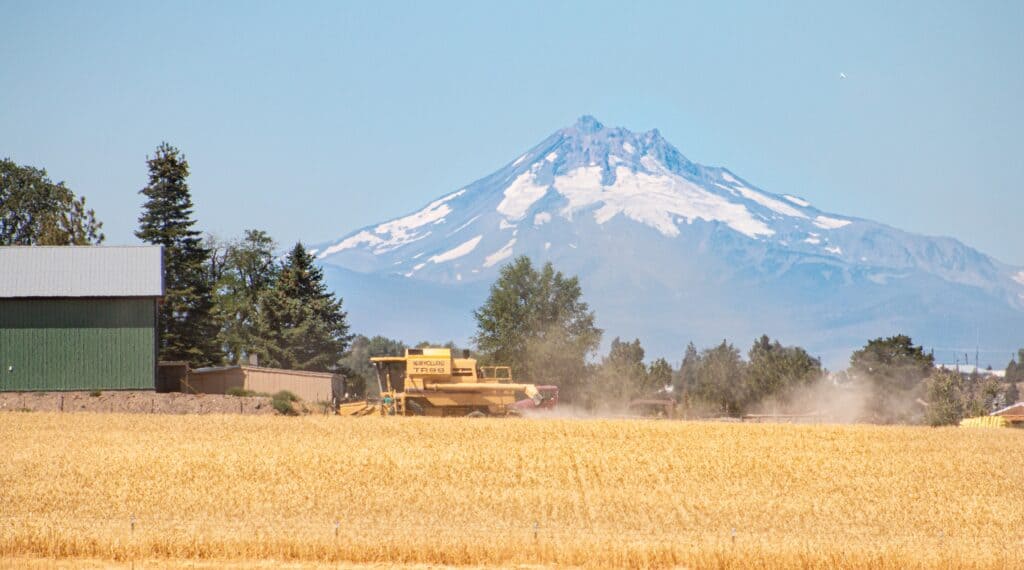For generations, farming was the lifeblood of this country. The fertile soil provided sustenance and respectability to thousands of travelers who’d journeyed across the continent in search of a better life. Land ownership transferred within the family as each successive generation assumed the mantle of producing the nation’s food.
As today’s farmers contemplate retirement, transition planning is not so simple. One or more members of the next generation may have left the family business to pursue their fortunes elsewhere. And while there may be strong emotional attachment to the land, the current owners may need to realize the fair market value of the operation to provide living expenses, pay medical bills, or satisfy other debt.
Long before reaping the final harvest, it’s a good idea to think carefully about an exit strategy for the business. A few of the questions to consider include:
- When are the owners looking to retire? To what extent will they depend on the operation’s assets or income for their sustenance?
- Is the land productive? Are prices stable and attractive for the crops? Are the buildings and equipment in good shape?
- Does the land have sentimental value? If yes, does the family have the means to maintain ownership?
- Are key employees capable of running the farm? Do they have the means to purchase the farm? If not, what arrangements would make it attractive for them to stay? Who will provide financial and operational oversight?
- What are the future growth opportunities for the farm? For use of the land in some other capacity?
To the extent that the owners are committed to keeping the operation intact, they’ll need to consider the impact of their departure on the health of the business. Key lenders, suppliers, and customers will need assurance that the new owners will have the means to continue the work and fulfill their obligations. The balance sheet and operating funds will need to support the business at a level consistent with growth expectations and financial covenants.
If ownership cannot be transferred within the family, prospective buyers could include:
- An individual
- A partnership
- A corporation
- A cooperative
- A developer
Whatever the future holds for the family farm, a team of advisors can provide the technical expertise to address the legal, financial, and tax consequences of the transfer. This expert guidance surfaces issues and topics for discussion before they become pain points and provides the means to produce the greatest yield for your investment.



